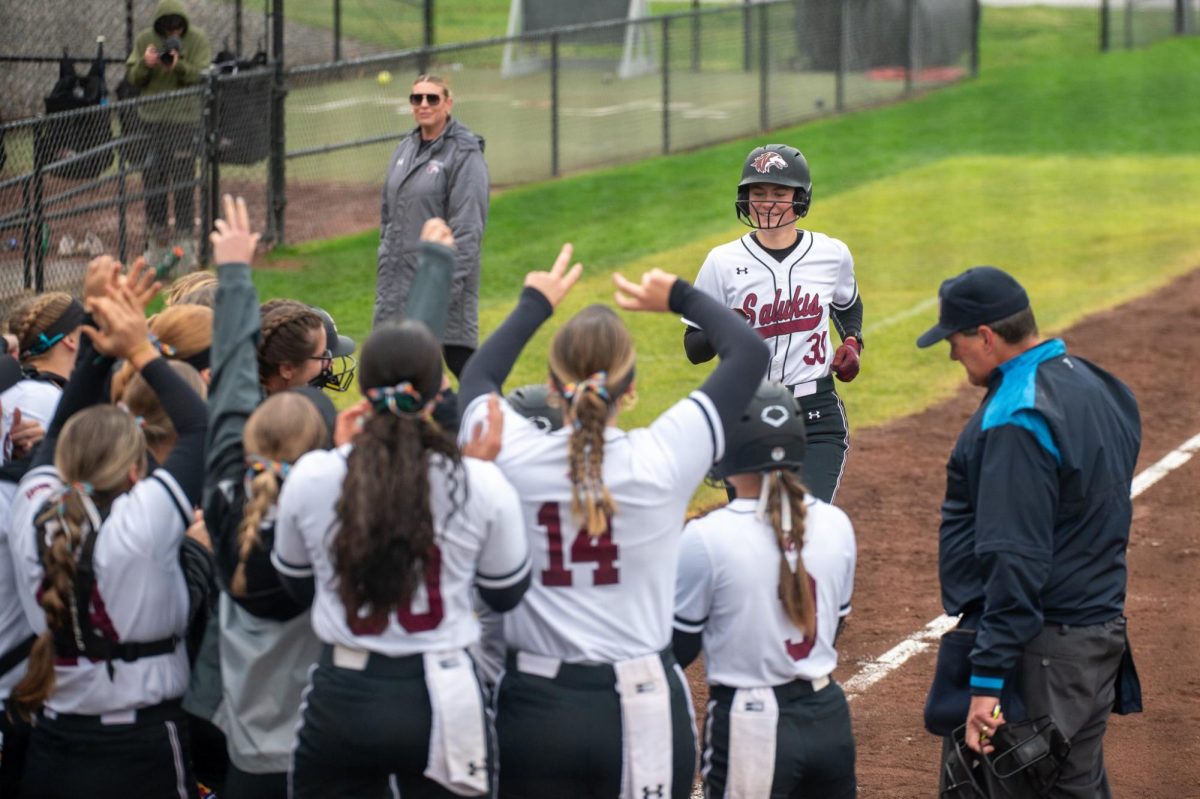The ongoing labor dispute between the NBA and its players comes down to one issue:whether the owners will prosper more than the players when splitting the league’s ever-burgeoning revenues.
July 5, 1995
Fans want to know:How come a proposed six-year deal that would bring about $5 billion in salary and benefits to some 350 players even with a luxury tax to brake big-spending teamswon’t fly?
As everybody knows, an accountant can juggle the numbers and make it seem you’re getting more than you really are, New York Knicks center Patrick Ewing said last week. It’s the whole contract that’s not fair. All we want is a fair deal. We feel this deal would be a step backward, a significant step backward.
The way the proposed deal evolved, according to negotiators, NBA Commissioner David Stern asked players union president Buck Williams of the Portland Trail Blazers and the union’s executive director, Simon Gourdine, how much money would satisfy the players. When the union negotiating team banged the gavel on $5 billion, We put a system in place that got the players those dollars, Stern said recently.
Advertisement
The league heralds these elements of the proposed new system:elimination of restricted free agency, the shortest wait for unrestricted free agency and the shortest college draft in major professional team sports; retention of the Larry Bird exception that would allow teams to exceed the salary cap to re-sign their own free agents, albeit with a luxury tax that would force teams to pay a penalty based on the amount by which they exceed the cap; and an eventual doubling of the average player salary to about $2.7 million.
Also trumpeted was an increase in the ceiling on team payrolls, known as a salary cap, from last year’s $15.9 million to at least $23 million for the 1995-96 season and at least $28 million in the sixth year.
All 27 teams exceeded the salary cap last season, the Los Angeles Lakers by more than $26 million. Ten teams exceeded $23 million and eight more were closer to $23 million than to $15.9 million.
The new system tightens the salary cap because of the luxury tax and quashes the one-year escape clause, popularized by Portland center Chris Dudley, that allowed
see LOCKOUT, page 11
Advertisement








